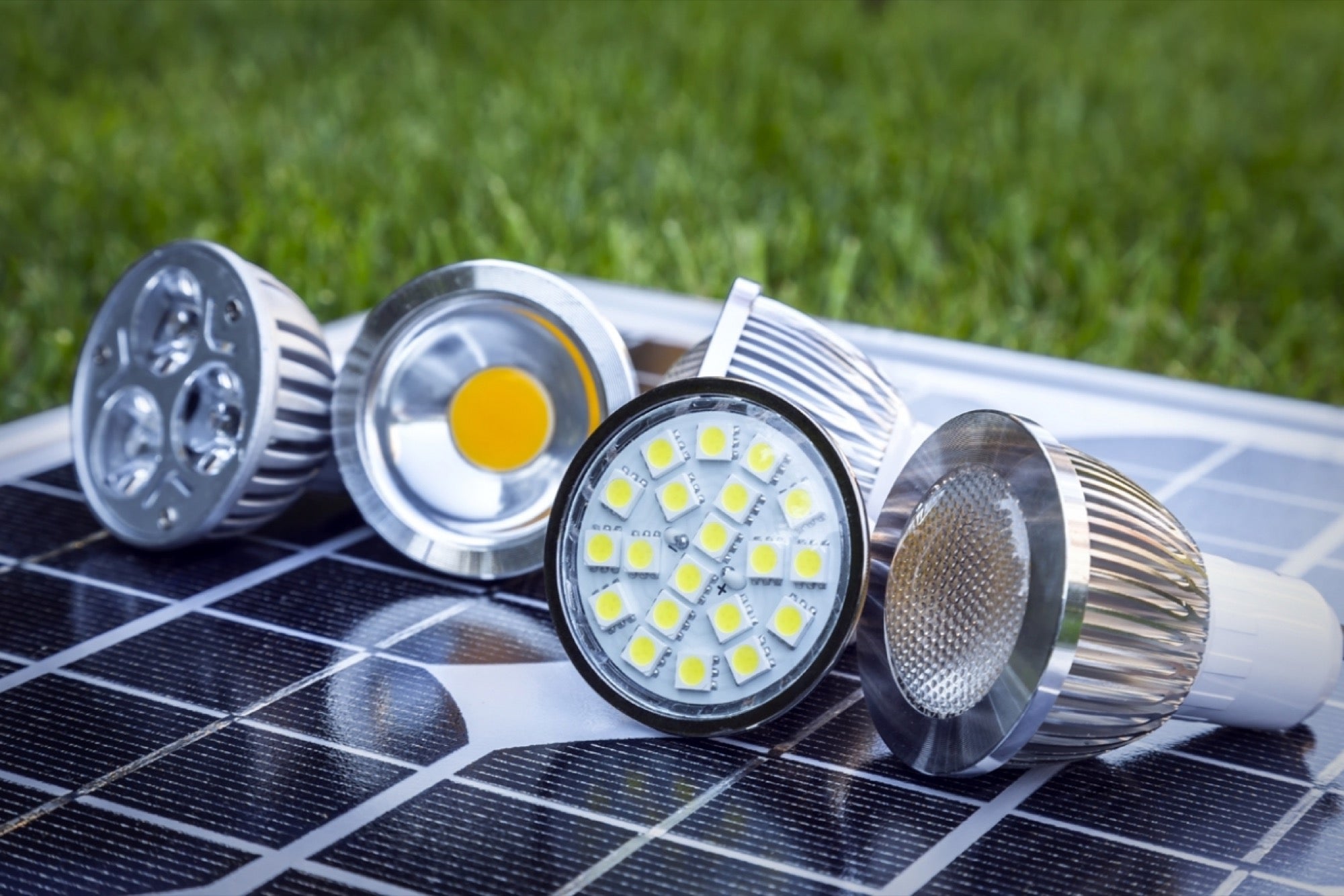How Developing Countries Like India Can Leverage Climate Change To Leapfrog From Fossil Fuels To Clean Energy Economies like India will need to take the lead in creating worldwide awareness about the adverse effects of global warming
Opinions expressed by Entrepreneur contributors are their own.
You're reading Entrepreneur India, an international franchise of Entrepreneur Media.

A report released recently by the Intergovernmental Panel on Climate Change (IPCC) has warned that the earth is likely to breach the threshold of the crucial 1.5℃ warming limit in the early years of 2030s. The continuing use of fossil fuels and the unhindered emission of greenhouse gases has created a climate catastrophe of unprecedented proportions in the history of mankind. Global governments, think tanks and key climate advocacy groups have realized that the looming climate crisis is not merely an ecological problem but can have disastrous ramifications for the economic growth and development of countries around the world. Realizing the gravity of the situation, emerging economies such as India are already making a concerted effort to reduce greenhouse gas emissions and mitigate the risk of unforeseen climate events like extreme heatwaves, heavy rainfall, floods and droughts.
The government of India has set into motion new energy rules to advance the use and adaptability of renewable power. The proposed "Draft Electricity (promoting renewable energy through Green Energy Open Access) Rules 2021' delineates the government's clear intent to keep environmental sustainability at the core of its energy policy formulation. The draft policy rules reiterate the government's commitment to transition to an efficient energy regime. The climate-friendly initiative has the potential for motivating retail and industrial consumers to source a larger part of their power requirement from renewable energy sources. With the on-ground implementation of the policy, India will be in an improved position to honour its commitment of enhancing installed renewable energy capacity to 450 GW by 2030. India is a signatory to the Paris Climate Agreement and the draft energy policy measures offer greater leeway to the government to deliver on its commitments to the Agreement which is an internationally binding treaty on climate change.
The increased use of Internal Combustion Engine (ICE) vehicles over the years has greatly contributed to air pollution by emitting toxic pollutants. India has taken firm policy measures to tackle the rising challenges of air pollution and greenhouse gas emissions on a war footing. India essentially needs to traverse a course towards a low-carbon future. The drive towards a low-carbon future can be achieved by implementing higher fuel efficiency standards, encouraging the use of electric vehicles (EVs) and creating public awareness about environmental sustainability. The government will have to place onus in promoting e-mobility on a wider scale to attain zero emission standards in the country. Electric vehicles need to be positioned as a core component in the drive towards delivering on the global goals on climate change. The journey towards helping India transition to a low-carbon economy will be led by EVs with India undertaking several initiatives to fast-track the rollout of electric vehicles in India. With a view to decarbonize the country's economic growth, the Ministry of Environment, Forest and Climate Change has already launched the National Clean Air Program (NCAP).
The government needs to lay out a clear path for setting up a robust Pan-India electric public transport infrastructure. Indian cities can play a key role in catalyzing the adoption of e-mobility at the grassroots level. The National Electric Mobility Mission Plan (NEMMP) has envisaged a vision and roadmap for facilitating faster adoption and manufacturing of EVs. With several states in India announcing policies for the sustainable growth of EVs, Comprehensive Mobility Plans (CMPs) have also been prepared by many cities either independently or by enlisting the help of the central government. As India gets increasingly urbanized, cities in the country will have to essay a pivotal role in the seamless transition to e-mobility.
With a view to protecting fragile ecological assets and maintain environmental balance, India will have to issue policy directives to stop extraction of fossil fuels. It is a known fact that fossil fuel subsidies in the form of tax breaks or direct payouts is proving to be a key hindrance in the seamless transition to green energy. There is an urgent need to swap fossil fuel subsidies with renewable energy sources to make renewable energy production economically feasible. India will also need to be in the forefront of driving global efforts to mitigate climate change risks by obtaining technological and financial assistance from rich nations.
Emerging economies like India will need to take the lead in creating worldwide awareness about the adverse effects of global warming. Building climate-resilient energy systems, investing in new age energy technologies and shifting from fossil fuels to clean energy is the key to mitigating climate change risks and building a sustainable future.













